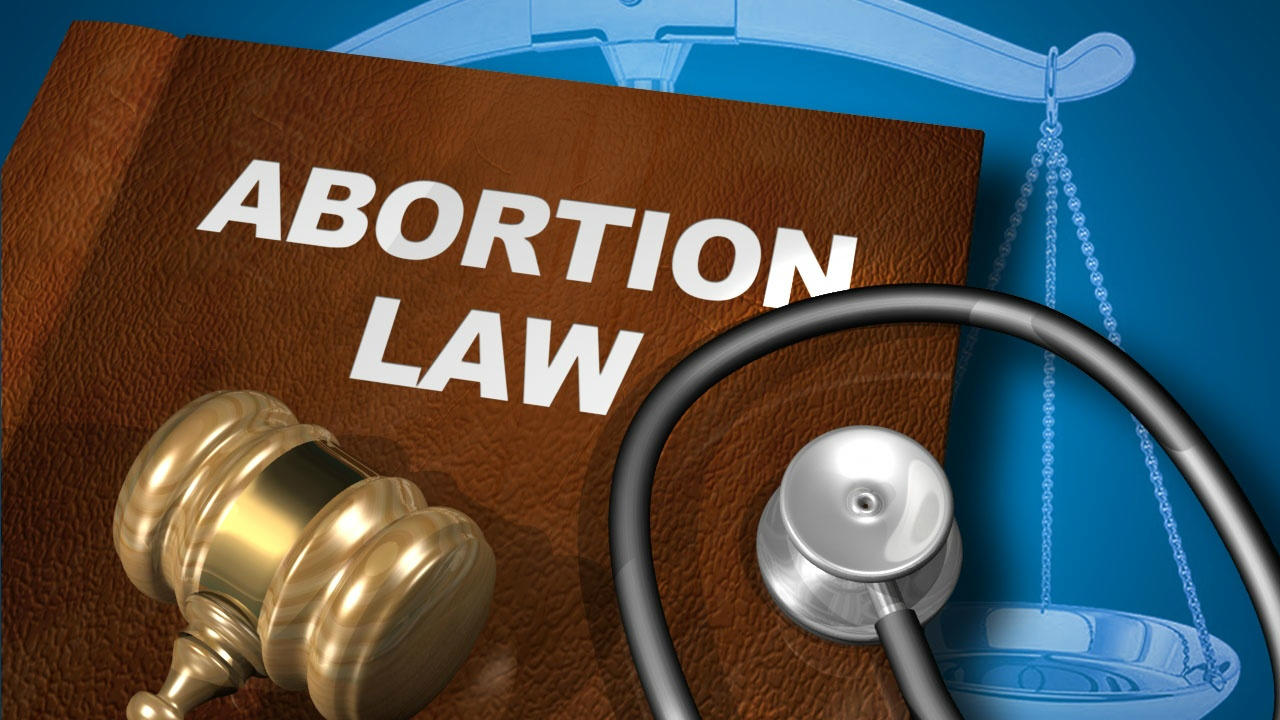This past year was an encouraging one for the pro-life movement, largely because American voters elected pro-lifers to the U.S. House of Representatives, U.S. Senate, and the White House. In doing so, Planned Parenthood’s endorsed and funded candidate, Hillary Clinton, was defeated… which also meant the 2016 Democratic Party Platform will not be implemented. Americans have also been making progress at the state level wherever they can while Roe v. Wade and Doe v. Bolton are still the law of the land.
And this has the Guttmacher Institute, formerly the research arm of Planned Parenthood, worried.
At the start of this new year, the Guttmacher Institute published “Policy Trends in the States: 2016,” which begins by noting that “[i]n 2016, 18 states enacted 50 new abortion restrictions, bringing the number of new abortion restrictions enacted since 2010 to 338.” Further down, the report notes, with added emphasis:
The Republican platform adopted in 2016 takes its cue from the states, naming many of the abortion restrictions that have received the most attention from state legislators in 2016, including banning abortions at 20 weeks postfertilization, outlawing dilation and evacuation abortion, restricting fetal tissue donation and research, and banning abortion for purposes of sex selection and genetic anomaly.
While the federal government has failed to pass a 20-week abortion ban, 18 states have passed them so far, with Ohio becoming the most recent to do so.
With Donald Trump taking office later this month, and with pro-lifers occupying both houses of Congress, the time may be now for the federal government to indeed be “tak[ing] its cue from the states,” especially since Trump has said he is committed to signing legislation banning such late-term abortions, many of which are not actually performed for the health or life of the mother or because the preborn child has a genetic anomaly.
These 338 abortion restrictions are even more impressive when we learn that they “account for 30% of the 1,142 abortion restrictions enacted by states since the 1973 Supreme Court decision in Roe v. Wade.”
States are indeed trending pro-life, especially given the numbers:
By 2016, more than half of all states had at least four of the 10 major types of abortion restrictions* and so are considered hostile to abortion rights. Notably, nearly all the states in the South, along with most of those in the Midwest, are considered hostile. Fully 22 states have six or more restrictions, enough to be classified as extremely hostile to abortion rights.
The Guttmacher Institute’s standard for a state that is “supportive of abortion rights” is, with added emphasis, “a state with no more than one type of restriction.”
According to Guttmacher, there were only 214 non-‘pro-life’ legislative measures passed from 2001 to 2016. These measures, while not necessarily opposed by all pro-lifers…
… [are] aimed at expanding access to abortion, contraception and related services and education. Two-thirds of these provisions fall into five categories: comprehensive sex education (44 measures), contraceptive coverage (30 measures), access to emergency contraception (25 measures), Medicaid family planning expansions (20 measures) and expedited partner treatment for STIs (18 measures).
In the footnotes section, the report mentions “10 major abortion restrictions.” While many of these are supported by majority of Americans, Guttmacher couldn’t help but add its own pro-abortion spin. The points are below, along with some of my own commentary:
- “requiring parental involvement before a minor’s abortion”
- “mandating medically inaccurate or misleading preabortion counseling” – This counseling actually informs women about the risks associated with abortion, and often includes information on the development of the preborn child. Further, counseling which goes on before an abortion (if it is given at all) is often rushed and biased in its own right.
- “requiring a waiting period after abortion counseling at a clinic, thus necessitating two trips to the facility”
- “mandating a non–medically indicated ultrasound before an abortion” – Though this is curiously described as “non-medical,” virtually all Planned Parenthood abortionists perform an ultrasound to date the pregnancy (to determine which type of procedure is most likely to be used) and to rule out ectopic pregnancy… and if they aren’t doing so, they should be.
- “banning Medicaid funding of abortion except in cases of life endangerment, rape or incest”
- “restricting abortion coverage in private health plans”
- “imposing medically inappropriate restrictions on medication abortion” – Medication abortion is much more dangerous — and sometimes a lot more horrifying — than most abortion advocates are willing to admit.
- “requiring onerous and unnecessary regulations on abortion facilities” – Regulations on abortion businesses simply requires them to be held to the same standards as other centers, for the sake of keeping women safe.
- “imposing an unconstitutional ban on abortion before viability or limits on abortion after viability”
- “enacting a preemptive ban on abortion if Roe v. Wade is overturned”
Where the Guttmacher Institute may be concerned, 2016, especially at the state level, may bring hope for what is to come for the pro-life movement in 2017, especially with pro-lifers holding the highest offices.








